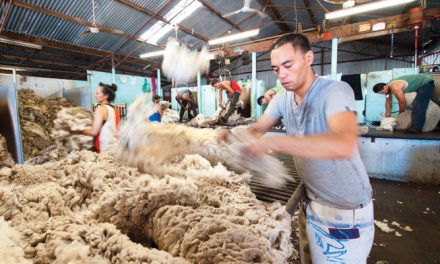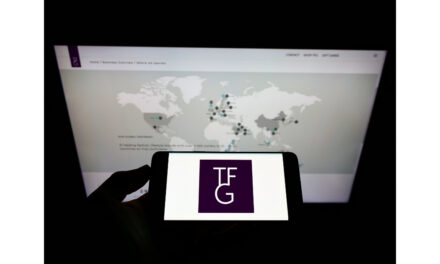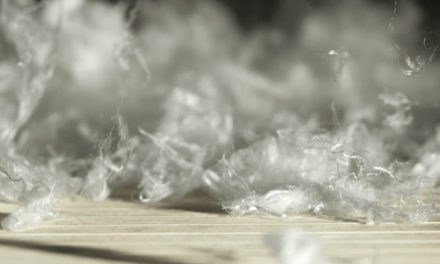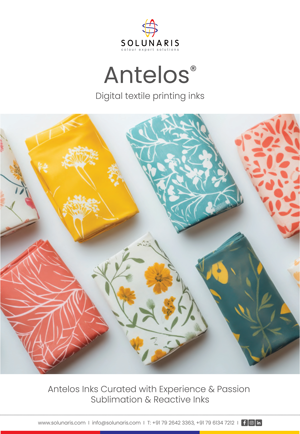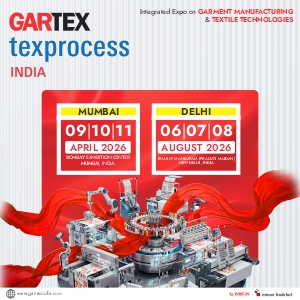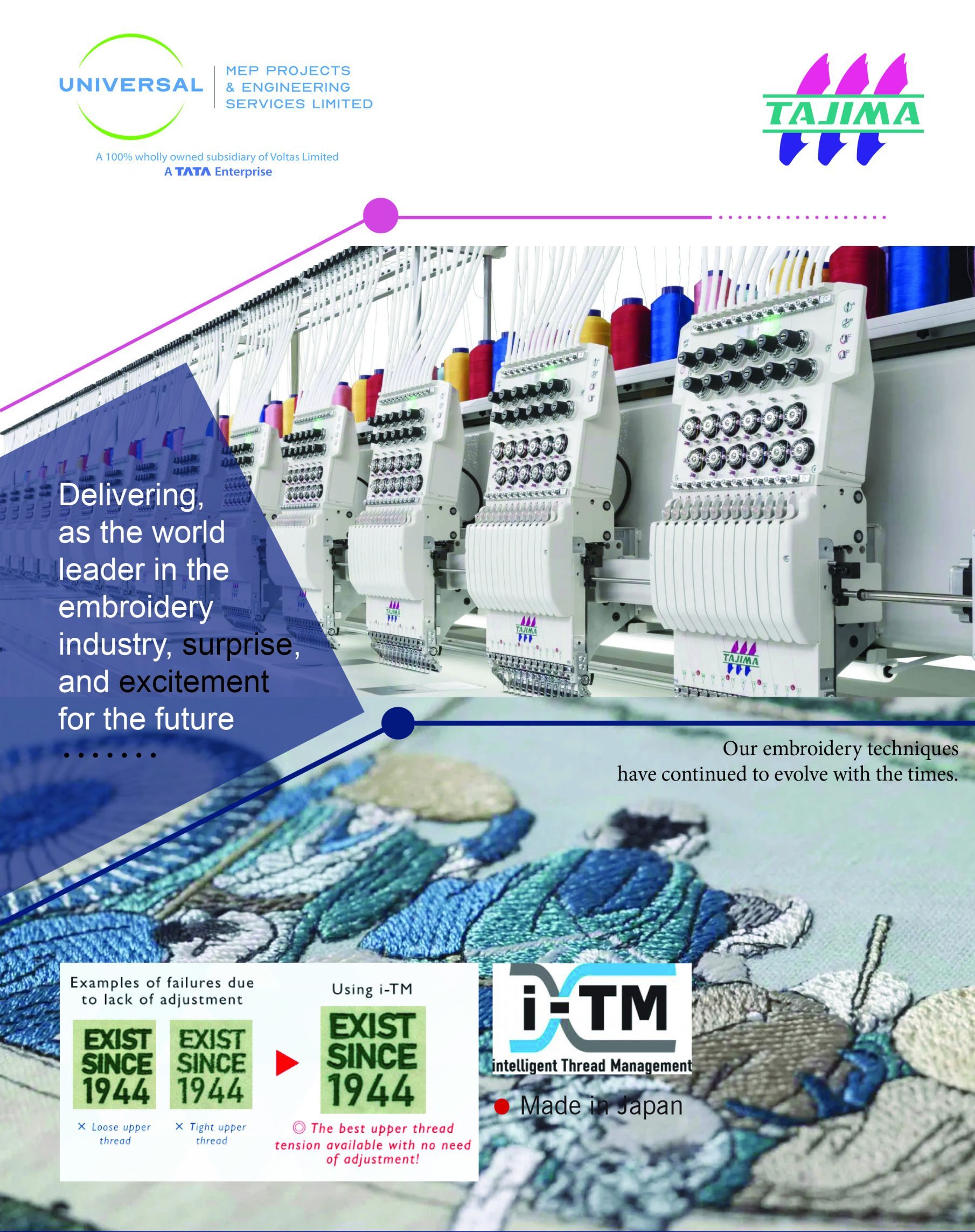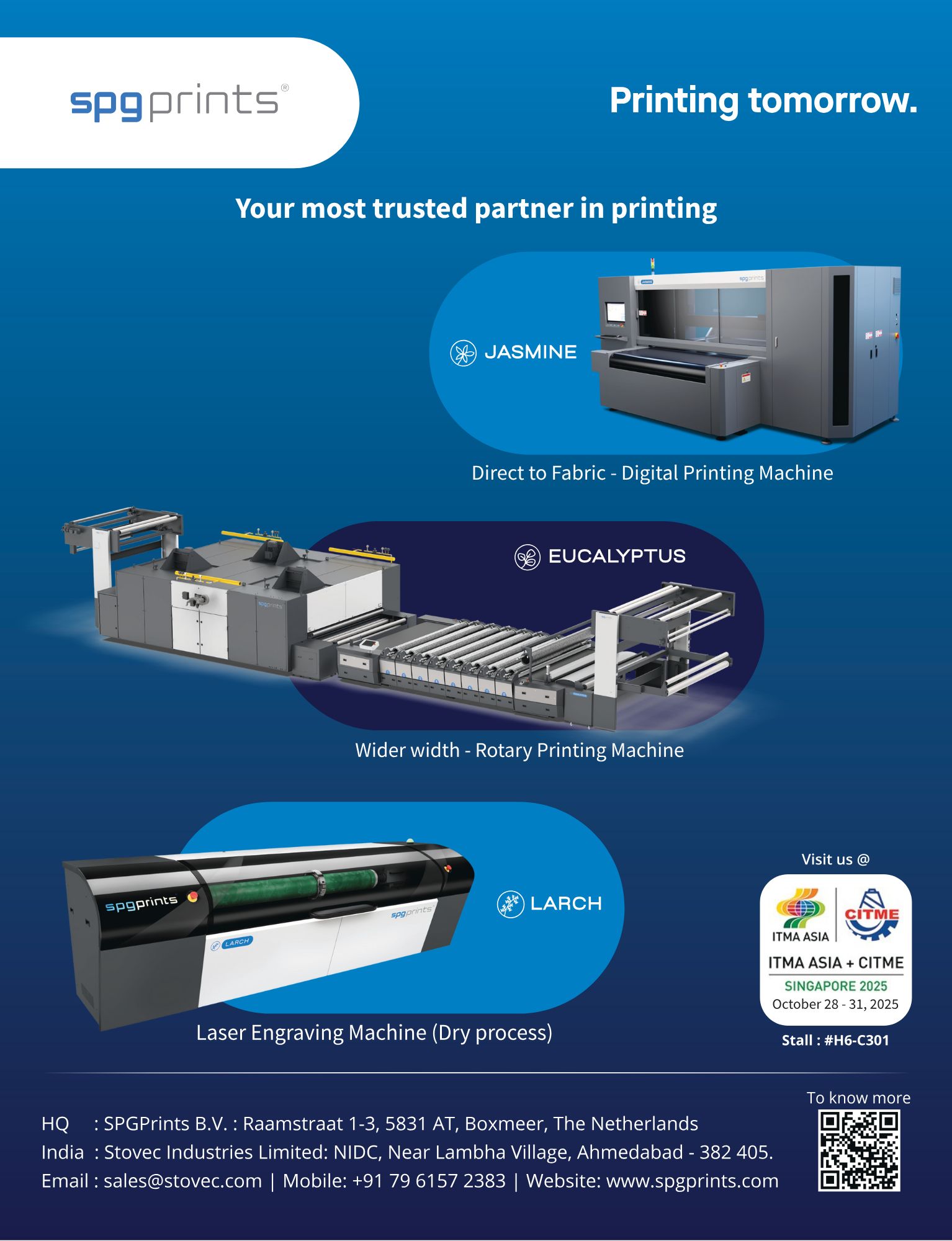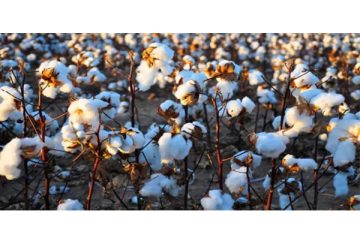Sweden’s two most famous retailers, IKEA and H&M, have both promised to clean up their supply chains in the coming years. IKEA has a goal of becoming a ‘circular’ company by 2030, using only recycled and renewable materials and expanding furniture rentals in lieu of buying, while H&M says it will make all its clothes from recycled or sustainably sourced textiles by the same date.
This requires serious research into using recycled materials, a practice that is not yet widespread across the apparel and home furnishings industries. So the two companies joined forces to conduct a study to better understand the composition of recycled materials and how to use them. They took 166 samples of post-consumer cotton-based fabrics, shredded them, and administered 8,000 tests to determine chemical composition. The results were presented recently at the annual Textile Exchange Sustainability Conference in Vancouver.
The first takeaway from the study is that recycled fabrics are full of chemicals, likely picked them up during production. As Adele Peters reported for Fast Company, “The companies found chromium compounds (a carcinogen), heavy metals used in dyeing, in 8.7 percent of the samples, and alkylphenol ethoxylates (an endocrine disrupter), used in making dyes and pigments, in 19.3 percent of samples.” Formaldehyde was another common culprit.
The second takeaway is that companies buying recycled fabrics never know what they’re going to get, as it varies from batch to batch. Peters cited Nils Mansson of IKEA: “The challenge here is when we collect post-consumer textiles, every batch that we collect is new… We’re talking about any textiles that we are able to find in Europe; as every batch is new, we need to know that it’s also compliant with our strict requirements on chemicals.”
The concern is that reusing these chemical-laden fabrics can affect a company’s own promises to eliminate them in products, so both retailers are investigating ways to clean or purify them. Peters writes, “One solution might be turning to new forms of recycling; while traditional textile recycling involves chopping up fibers into smaller pieces, startups like Evrnu break down textile waste to the molecular level, removing contaminants and leaving behind essentially pure cellulose.”



